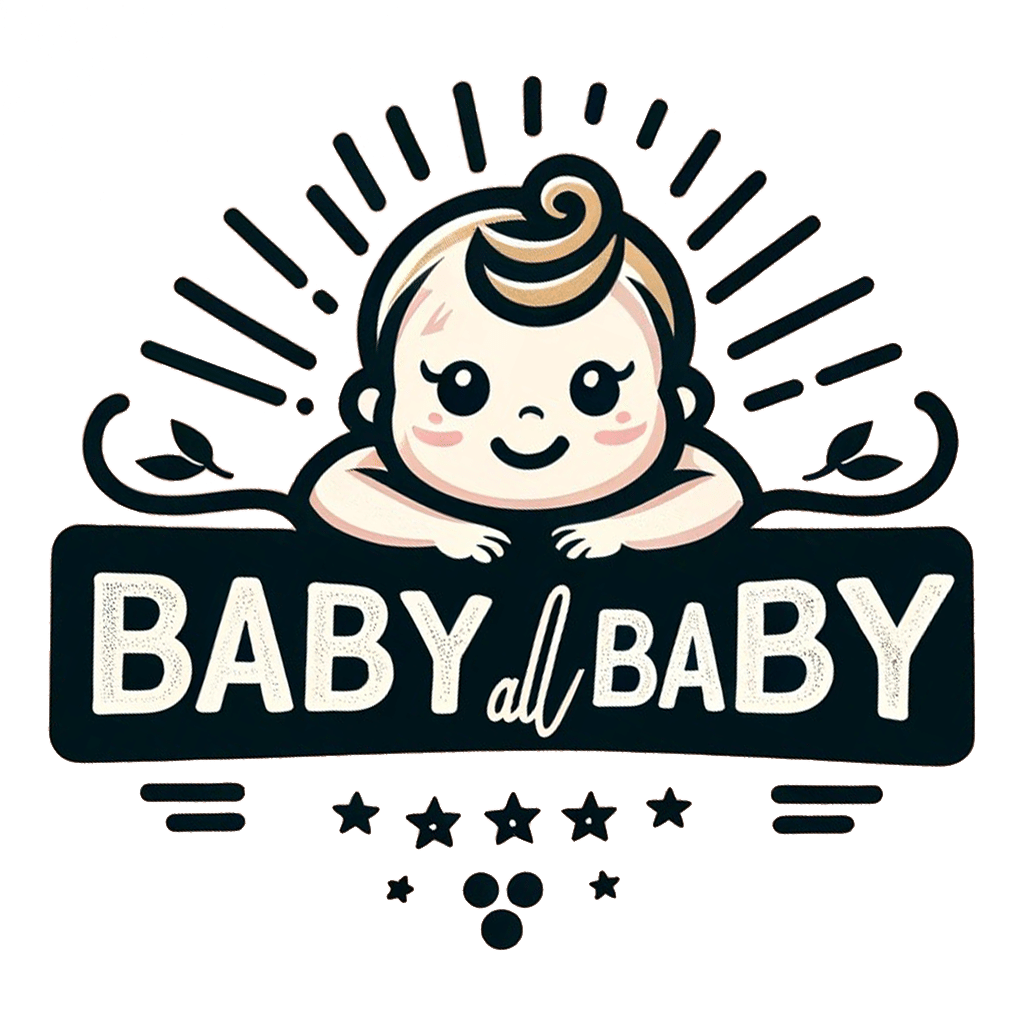In this situation, it’s important to remain neutral and try to help your friends find a solution that works for everyone. You can offer to mediate a conversation between the parties involved or suggest that everyone take some time to cool off before discussing the issue further. Hurt and resentment often accumulate over time, stemming from perceived slights or ongoing issues. Additionally, unresolved past experiences or traumas may influence an individual’s reactions to current situations.
Fear of Rejection or Abandonment
This will create space for them to share how they’re feeling and let you know what they need. “Doing the laundry or running to the grocery store for them may ease up their stress and make it easier to deal with their troubles,” Habash says. “It will also convey how much you care about them.” Send a quick text and see if they need anything, or choose a time to stop by with a few grocery staples. She writes often about the intersections between health, wellness, and the science of human behavior. She’s written for The Atlantic, New York Magazine, Teen Vogue, Quartz, The Washington Post, and many more. If you’re a visual person, for example, you can relieve stress by closing your eyes and imagining soothing images.
ake Care Of Yourself

Or you were in an emotionally abusive relationship with a partner who stonewalled you when you disagreed with them. Individual attachment styles play a big part in how each person manages conflict in a friendship. Each attachment style uses different communication patterns, some of which are helpful, while others can make conflicts more complicated.
Really listen to your partner.
- If you want to have a constructive discussion, you need to stick to one issue at a time.
- Part of them was always a little prepared for it to end, and they would rather walk away than be exposed to that openness and potential pain.
- Give them your attention, Habash says, and they will feel valued, loved, and cared for.
This technique promotes clearer communication and can prevent defensive reactions. Using ‘I’ statements can transform how people resolve conflicts with friends. For instance, saying “I feel upset when plans change last minute” focuses on personal emotions rather than accusing the other person. When you’re in a situation where you need to defend your friends, it’s important to focus on finding common ground and offering solutions.
Why Defending Your Friends Is Important?
Sharing meaningful activities and trying new things together can help you lay a strong alcohol rehab foundation for a recently mended connection. Making future plans together can be a hopeful and constructive step too, as can celebrating your past memories and appreciating how far you’ve come in your relationship. From the earliest days of human history, being part of a group meant sharing resources, providing mutual support, and enhancing each other’s chances of survival.
Create your account
The best way to navigate conflict or engage in a confrontation is from a neutral and regulated stance. Of course, this isn’t always possible, especially if a particular issue makes you feel heated. The problem is that attacking another person (or becoming passive-aggressive) only aggravates the situation. When you notice yourself becoming activated, practice labeling how you feel. Despite misconceptions, there are no positive emotions or negative emotions.

If the relationship is no longer healthy or already affecting your mental health, how to deal with someone who avoids conflict maybe it’s time to end it. Be patient with yourself and your friend as you work towards rebuilding trust. It won’t happen overnight, but with effort and understanding, you can create a stronger foundation from which your friendship can grow. Healing a damaged friendship can be challenging, but it may also be an opportunity for growth and deeper connection. It’s usually essential to pause and acknowledge these feelings and to treat them with the same care you would a physical wound—because they can be just as impactful if not addressed.
Ways to Resolve Conflict with a Friend
When it comes to defending your friends from conflict, it’s essential not to make assumptions about the situation. This means avoiding jumping to conclusions before gathering all the information you can. When resolving a conflict, it’s important to approach the situation with respect for all parties involved. Being respectful creates a safe space where everyone can feel comfortable expressing their thoughts and feelings. Forgiveness is a powerful tool in resolving conflicts and moving forward in friendships. Holding onto resentment and grudges only perpetuates negativity and erodes trust.
What are the 7 steps in conflict resolution?
Requests should be made clearly and positively, like “Could we agree to put our phones away when we talk?” This invites cooperation and constructive dialogue. Active listening involves fully concentrating on what the other person is saying, rather than just passively hearing their words. This method requires the listener to acknowledge the speaker’s message through nodding, maintaining eye contact, and summarizing key points back to them.
For instance, you might say, “Perhaps bringing up that topic at dinner wasn’t the best occasion.” Meeting with https://www.rightmotorbh.com/sober-living/how-much-alcohol-can-kill-you-a-look-at-bac/ a therapist is another form of self-care that you might choose to engage in as you experience conflict or reconciliation with a friend. They can offer you a safe space to share your feelings, and they can provide you with positive coping strategies for difficult emotions and tools for healthy relationship-building as well. As you navigate the reconciliation process, remember that rebuilding trust is not about erasing past mistakes or pretending they didn’t happen. Instead, it’s about acknowledging them, taking responsibility, and working towards positive change. It also usually involves setting healthy boundaries and respecting each other’s feelings and needs going forward.
